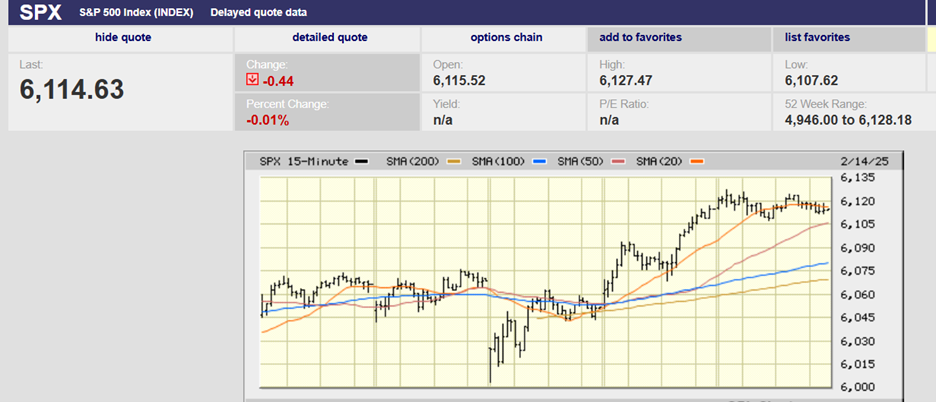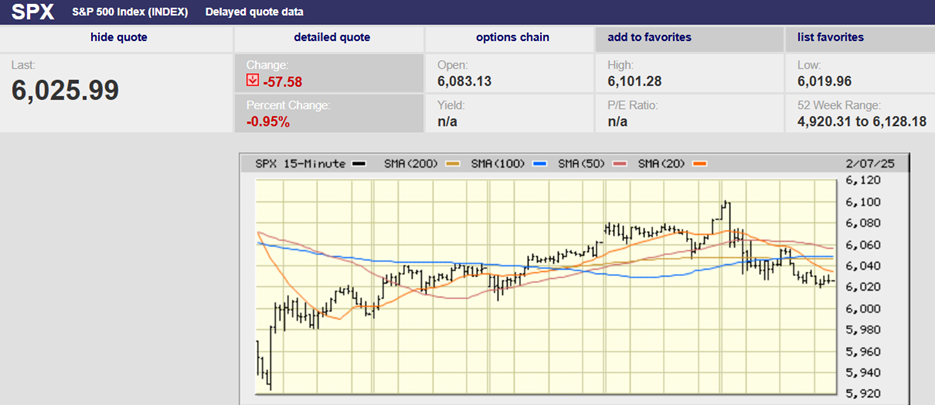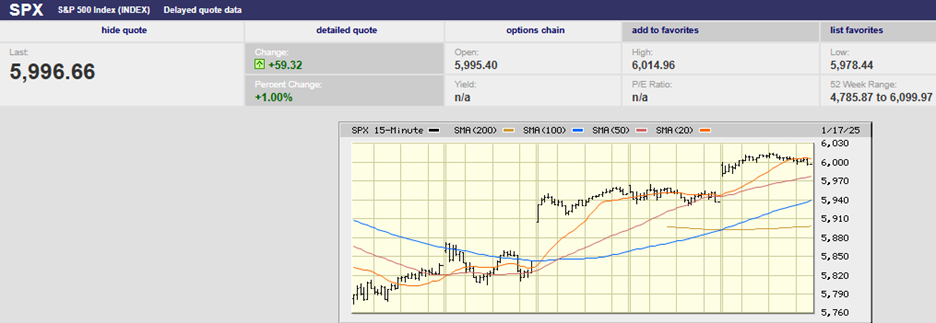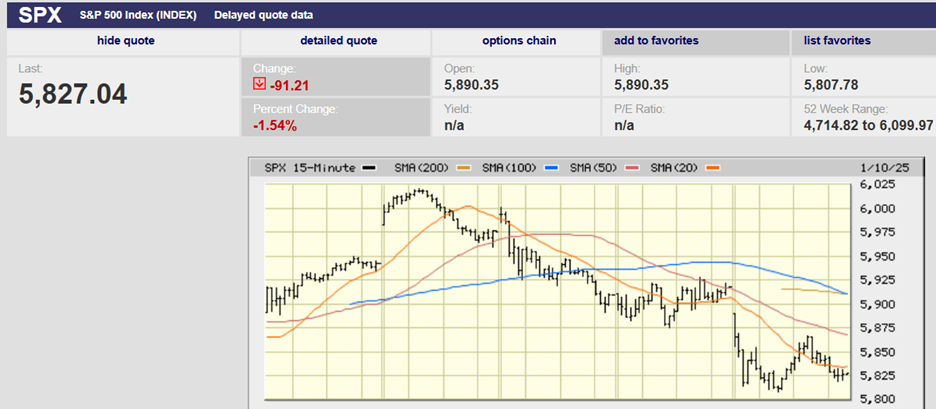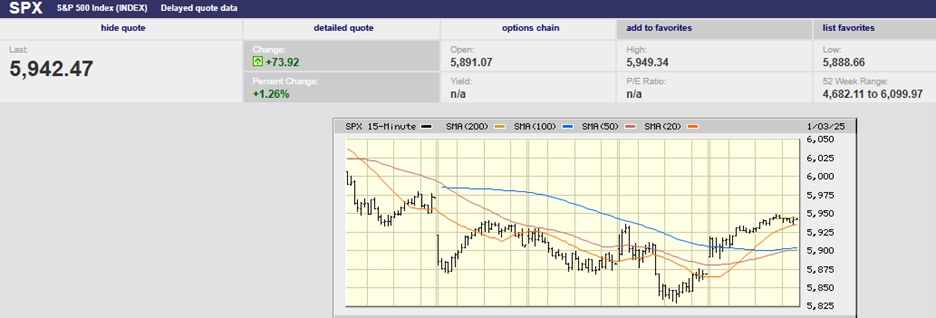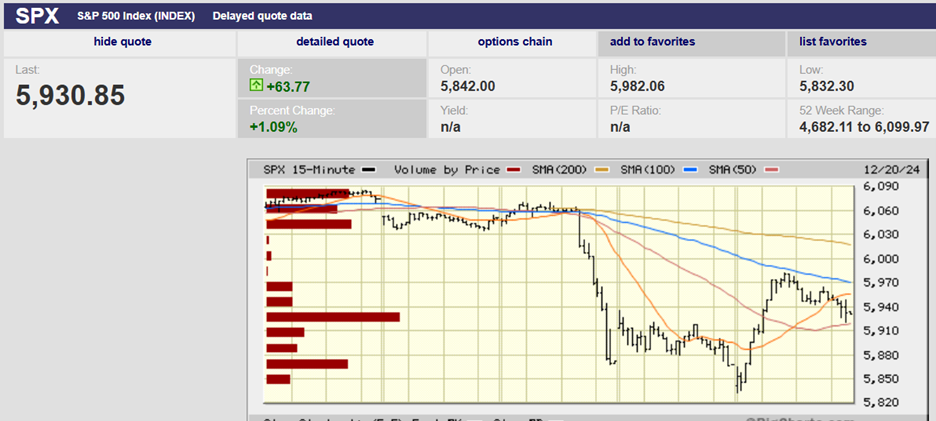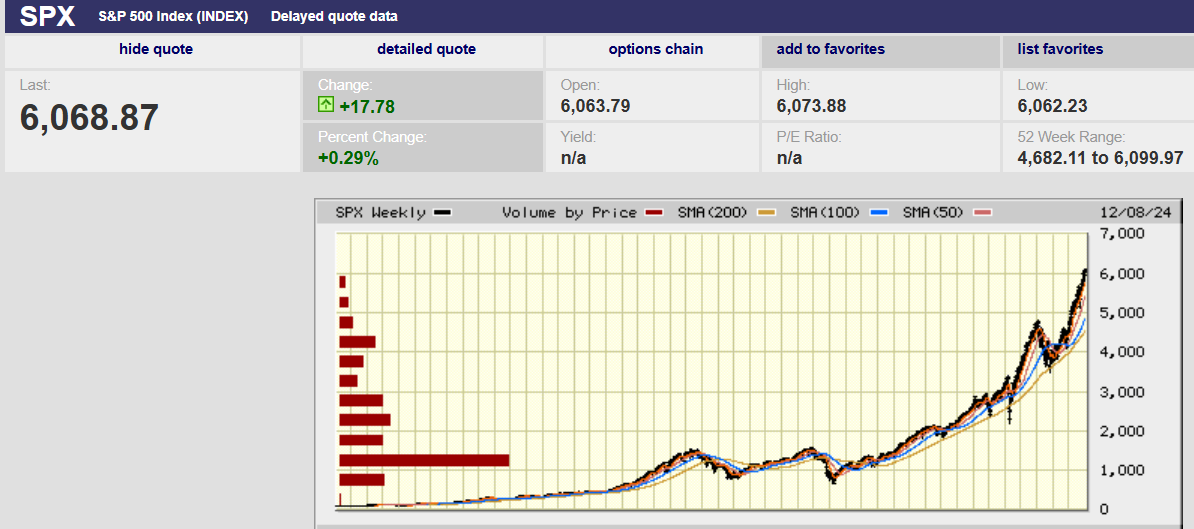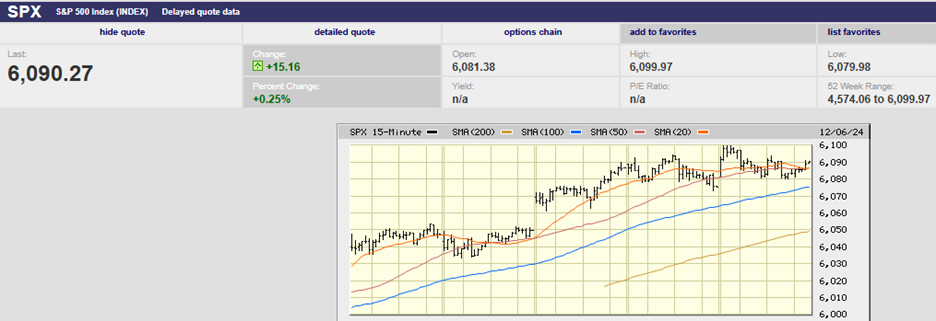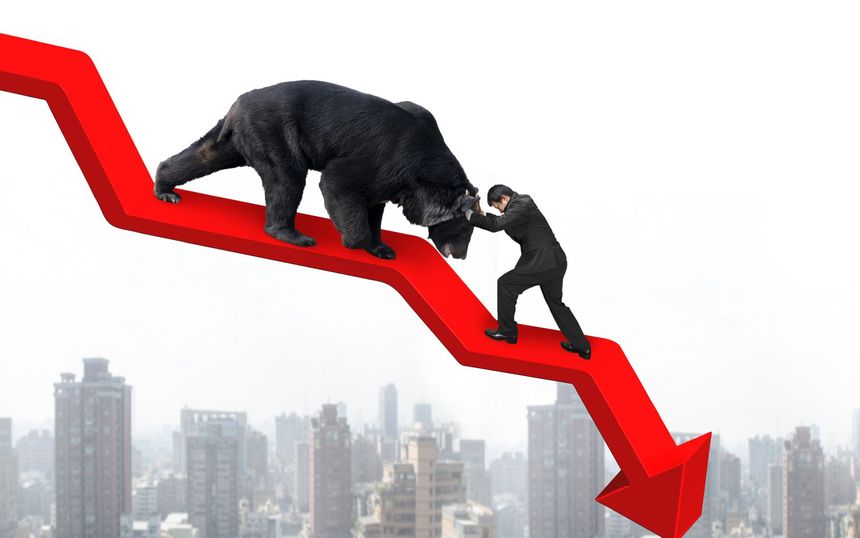
The S&P 500 hit an intraday high of 2941 on September 21, 2018, but was down almost 600 points at its intraday December lows.
The S&P 500 hit an intraday high of 2941 on September 21, 2018, but was down almost 600 points at its intraday December lows. The S&P 500 fell to 2346 on December 26th, a decline from the September high of over 20%, just meeting one traditional definition of a bear market. The index is back to levels last seen in early 2017. Where are we going from here?
Either up or down, shorter term, but quite likely down in the longer term. Fair value for the S&P 500 is somewhere around 2000, based on half a dozen good metrics that tell us likely returns over the next 10-12 years, but do little for helping us with the timing. We are either in a deep correction and will see a recovery in coming months or we are in the middle stages of a bear market. If it is a correction, then we’ll still have our bear market, just not yet, and perhaps not until 2020 or later, depending on when we experience our next recession. On the other hand, we may see 1800 or lower before it’s over if it’s a true bear market. Our forecast for the timing of the next recession remains the same: a 70% chance of recession in the second half of 2019 or first half of 2020.
Regardless, we remain in a high-risk environment and an emphasis on capital preservation before capital appreciation remains appropriate for now for individuals with less than 10-years to go until retirement, or who are already in retirement.
Catalysts for moving back to a more aggressive mix of assets will depend on both stock market levels and Federal Reserve policy. An S&P 500 print below 2000 would certainly trigger a discussion about increasing stock market exposure for clients and 401(k) participants who are currently in more conservative portfolios than normal. A Federal Reserve decision to slow quantitative tightening from the current $50 billion monthly amount would also warrant a discussion centered on increasing equity exposure.
Please feel free to call us with questions about the economy, markets, or your portfolios.
Best Regards,
Norwood Economics
